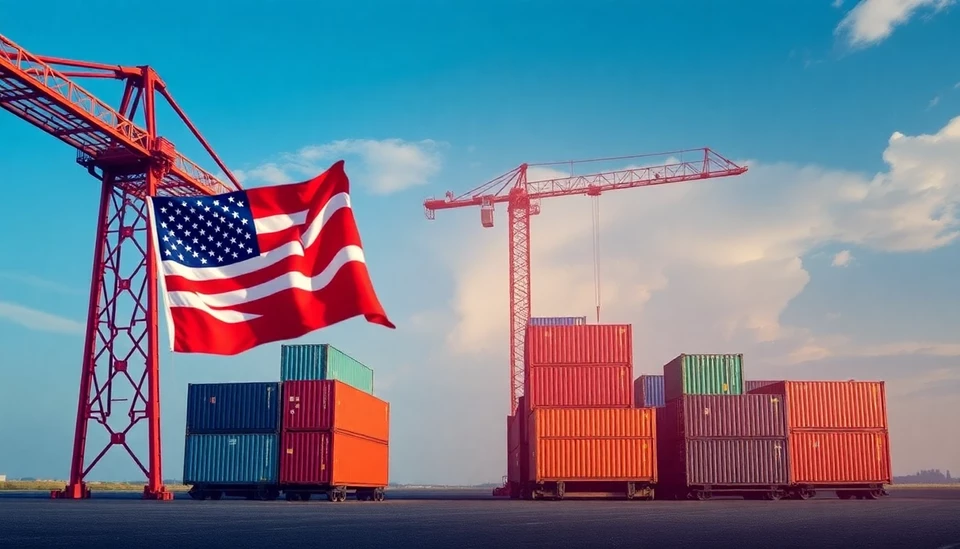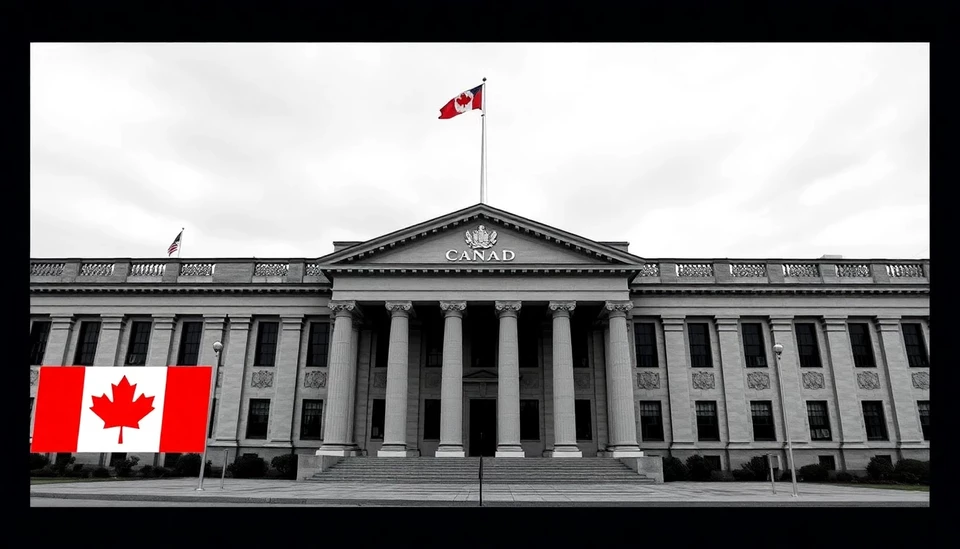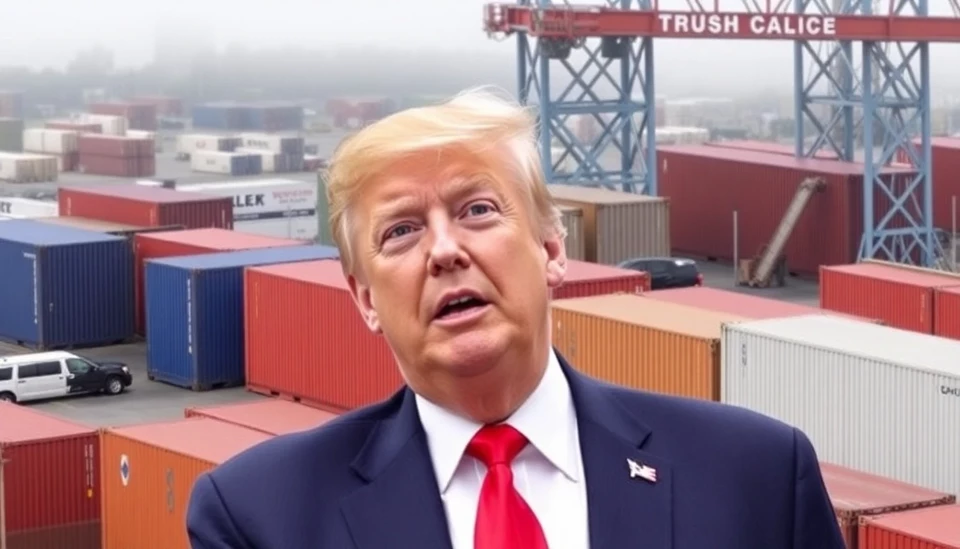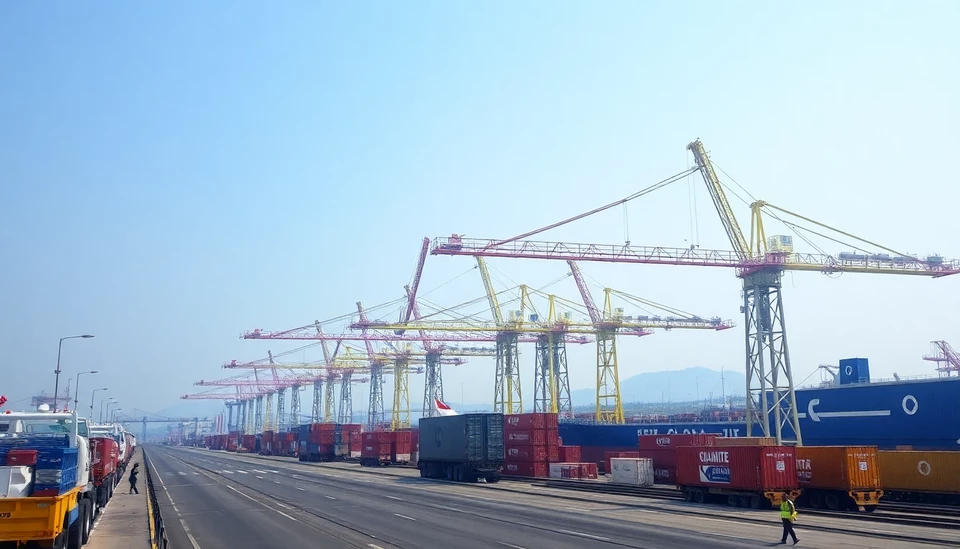
In a recent development regarding the ongoing trade tensions between major economies, a temporary truce has been announced that provides a momentary respite from escalating tariffs and trade barriers. This latest pause, while hailed as a positive step by some, does little to alleviate the underlying issues driving the trade war and its consequences for the global economy.
Experts have indicated that despite this latest reprieve, the ramifications on international trade are likely to remain profound. The era of free trade that many economies once enjoyed has shifted, leading to increased uncertainty and volatility in markets around the world.
As nations grapple with the implications of a shifting trade landscape, businesses are left to make critical decisions regarding supply chains, investment strategies, and pricing models. Many companies have started to adjust their operations, preparing for potential renewed tensions. This shift towards localization—where businesses are seeking to produce goods closer to home—has been one of the responses to the unpredictability of trade policies.
The impact of this trade war is not only felt in the economic sectors directly involved, but also spills over into various industries. Agriculture, technology, and manufacturing have been particularly hard hit, with farmers facing dwindling exports and tech companies often caught in the crossfire of regulatory changes and tariffs. As these sectors struggle, the implications for employment and wage growth become ever more pressing.
Moreover, the short-lived nature of this trade war reprieve raises questions about the long-term stability of global markets. Economists warn that while the ceasefire may provide temporary relief, the issues underpinning the trade war—such as intellectual property rights, market access, and state subsidies—remain unresolved. As the geopolitical climate continues to evolve, the threat of renewed hostilities looms large.
Investors, already wary of this climate of unpredictability, may respond to this brief halt in tensions with skepticism. Hedge funds and other investment groups are likely to be on high alert, adjusting their portfolios while weighing potential risks associated with future trade flare-ups.
In conclusion, while the recent trade war reprieve has been welcomed as a step back from immediate conflict, it is a small band-aid on a wound that requires much deeper healing. The global economy must navigate through a complex web of challenges that trade tensions have exacerbated, and only through concerted efforts can sustainable solutions be found.
As businesses and investors alike face a new reality in the trading environment, the call for strategic planning and adaptability has never been more urgent. The global economy will need to prepare for ongoing uncertainty as nations seek to redefine their relationships in a post-trade war landscape.
#TradeWar #GlobalEconomy #EconomicImpact #TradeRelations #BusinessStrategy #InvestmentTrends
Author: Rachel Greene




